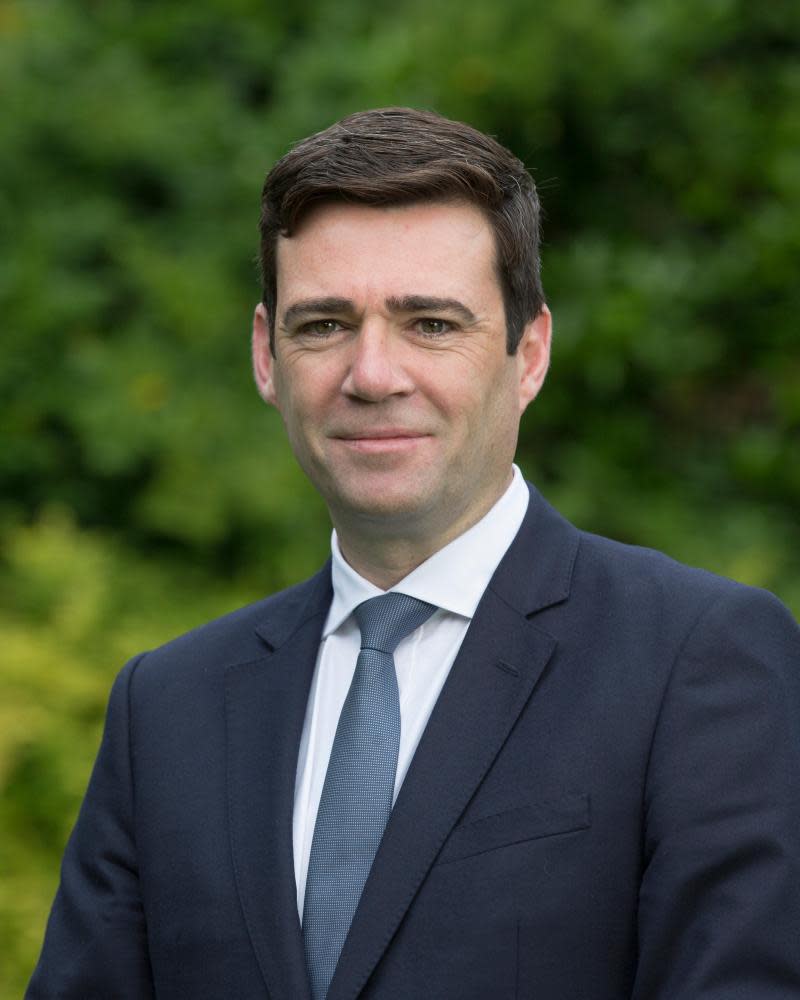Lockdowns not possible without more powers and money, warn local councils

Councils in areas at increased risk of coronavirus outbreaks have warned they have neither the powers nor the resources to impose local lockdowns, despite the government insisting the infrastructure is in place to deal with regional flare-ups.
The health secretary, Matt Hancock, said last week that the government planned to increasingly target the source of outbreaks with local lockdowns. But councils in regions where the latest estimates indicate the virus may be starting to spread again have told the Observer they are in no position to order people to stay at home.
Modelling by Public Health England and Cambridge University reveals that the reproduction rate [R number] of the virus in the north-west has reached 1.1, which could mean the number of new infections is growing in the region. Blackburn and Darwen Council, which runs 85 schools in Lancashire, contacted heads this weekend to advise them not to reopen on Monday due to concerns over the local R rate. Many have now contacted parents to say they will be keeping their doors closed to all but children of key workers.
Related: Schools in north-west of England postpone reopening plans after new coronavirus data
The Greater Manchester mayor, Andy Burnham, said the government had eased restrictions too soon, without a fully operational test and trace system in place. “It is very worrying,” he said. “There has been a significant rise [in the R rate]. It is heading in the wrong direction.”
However, he said councils wouldn’t be able to ask people in Greater Manchester, where there are over 10,000 confirmed Covid-19 cases, to stay at home without a local furlough scheme to ensure families had enough to live on. “You can’t just say to people in a designated area ‘you cannot go to work’. A lot of people would not be able to afford to do that,” he said. “That is just one of the implications of a local lockdown policy. We need clear answers quickly. All the government has done is throw an idea out there without the accompanying detail.”
Related: Calls for local lockdowns as study finds R value above 1 in north-west England
Burnham added he would only consider such a measure if all else had failed and ministers demonstrated they were not trying to pass the buck. “I would need to be convinced that it isn’t just a lazy way for national government to dump its problems on local government, he said.”
The other region in England where the virus infection rate is growing is the south-west. Although it has the lowest number of cases in the country, the PHE and Cambridge University team calculated it might currently have a reproduction rate of one.

North Somerset Council has experienced a recent spike in infections, following an outbreak in Weston General Hospital in Weston-super-Mare, although PHE analysis suggests this has not spread into the wider community. Hancock twice claimed on Friday that a successful local lockdown had been in place in the seaside town over “the past weeks”. But Mike Bell, the council’s deputy leader, said Hancock was being misleading because only the hospital was shut, with new patients sent elsewhere since the 25 May. “What most people understand by a local or regional lockdown is that we go back to the days when we can’t go out and we can’t travel freely. That absolutely did not happen in Weston-super-Mare,” he said.
Related: NHS test-and-trace system 'not fully operational until September'
He added he did not have powers to impose a local lockdown in the town if it ever became necessary. “In terms of forcing people to stay at home, forcing businesses to close, we haven’t got the powers to do that,” he said.
Bristol’s deputy mayor, Asher Craig, said the council would be prepared to lock down the city if the threat increased substantially. Despite a rising R rate, Bristol has a lower than average number of cases, with 153 infections per 100,000 people. “If it worsened, we would have to lock down,” she said. But she added that the city lacked the necessary powers and was facing a growing deficit amid falling revenues.
Sunderland has the highest rate of infection in the country, with 448 cases per 100,000 residents. Although the latest reproduction rate suggests the virus is starting to recede in the north-east and Yorkshire, many fear a resurgence. The council leader, Graeme Miller, said : “How can we possibly be opening society up when this this infection rate is so stubbornly high across the country?”
A government spokesperson said that the new test and trace service would play an important role in limiting the spread of the virus.
“As always has been the case, a specialist team from the local authority or PHE manages any local outbreaks and we are making £300 million available to local authorities to develop local outbreak control plans.”

